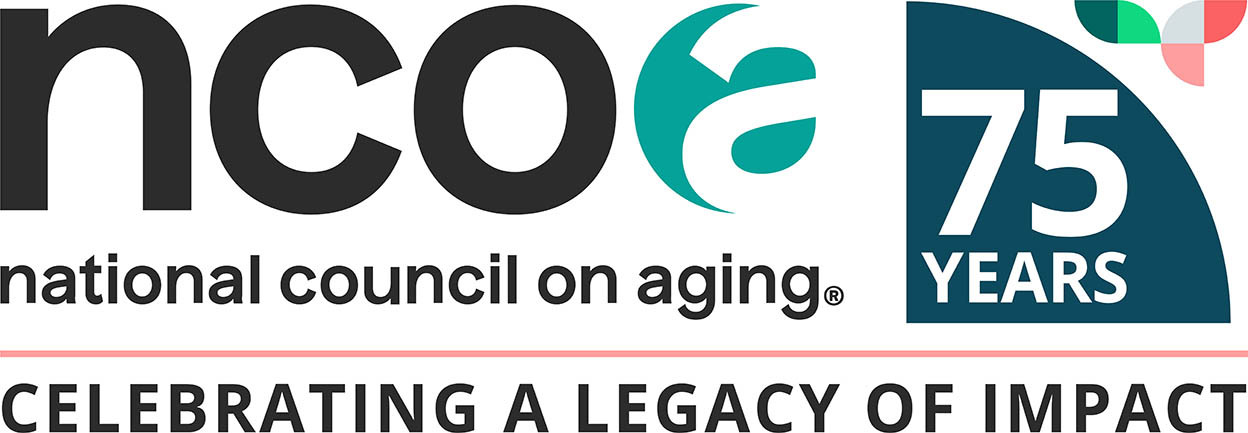The 2026 cost-of-living adjustment (COLA) for Social Security benefits, set at 2.8%, fails to address the rising financial pressures faced by older Americans. As Medicare premiums and deductibles are projected to increase between 4% and 12% in the same year, the adjustment could be rendered ineffective, leaving many seniors to grapple with economic instability.
In a statement released on October 24, 2025, Ramsey Alwin, President and CEO of the National Council on Aging (NCOA), expressed deep concern over the inadequacy of the COLA. Alwin emphasized that while the COLA reflects inflation, it does not account for the escalating healthcare costs that older adults are increasingly facing. “This 2.8% COLA will not even cover the projected increases in Medicare premiums and deductibles,” Alwin said, highlighting the tough choices many seniors face regarding their limited incomes.
The situation is compounded by an alarming rise in poverty among seniors. According to recent data, the poverty rate for individuals aged 65 and older reached 15% in 2024, marking the only age group to experience an increase in poverty levels. This troubling trend illustrates that the COLA fails to adequately reflect the true living costs for older Americans.
Alwin further pointed out that financial insecurity has dire health implications. Research conducted by the LeadingAge LTSS Center at UMass Boston reveals that older adults earning $20,000 or less per year may die an average of nine years earlier than their wealthier counterparts who earn $120,000 or more. These statistics highlight the critical link between economic stability and health outcomes for older individuals.
The NCOA stresses the urgent need for policy changes to better support this vulnerable population. “Millions of our older family members and friends who have worked hard their entire lives still face devastating economic insecurity,” Alwin remarked. He called for collaborative efforts to create conditions that allow every American to age with dignity and security.
Founded in 1950, the NCOA serves as a national advocate for the rights of older adults, striving to ensure that all individuals can age with both health and financial security. The organization collaborates with numerous partners to provide resources and best practices for aging well.
For more information about the NCOA and its initiatives, visit www.ncoa.org or follow them on social media at @NCOAging.






































































